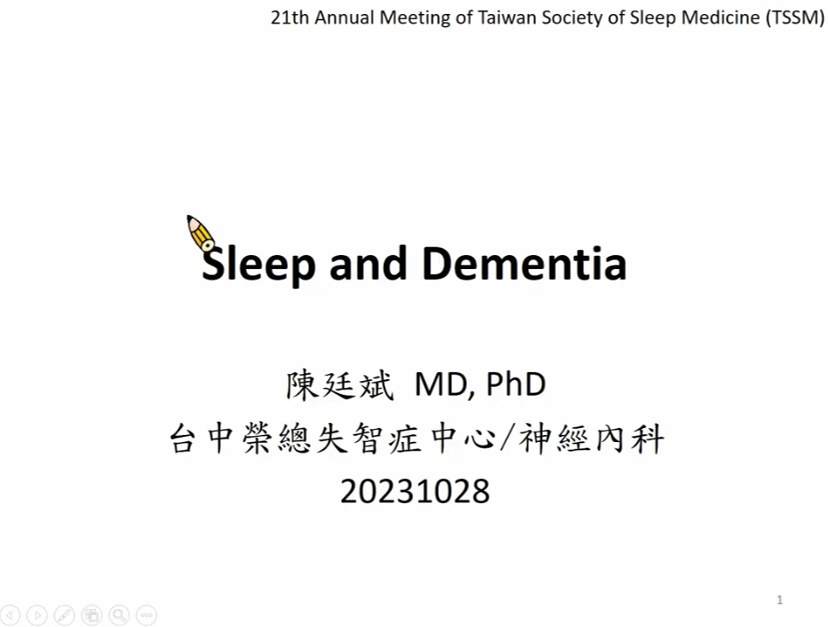
Circadian rhythms are physical, mental, and behavioral changes that follow a 24-hour cycle. These natural processes respond primarily to light and dark and affect most living things. Aging is associated with decreased circadian rhythmicity of behaviors including sleep. Age impacts sleep timing, duration, and consolidation, such that overall sleep decreases and also tends to be more fragmented in the elderly. Changes in rhythms that come with aging are associated with sleep problems, problems with cognition, and nighttime agitation in elderly people. As circadian rhythms and sleep consolidation also break down with normal aging, changes in these may be part of what makes aging a risk factor for disorders like Alzheimer's disease. Disruptions of circadian rhythms and sleep cycles are common among neurodegenerative diseases and can occur at multiple levels. Accumulating evidence reveals a bidirectional relationship between disruptions of circadian rhythms and sleep cycles and neurodegenerative diseases. Circadian disruption and sleep disorders aggravate neurodegeneration and neurodegenerative diseases can in turn disrupt circadian rhythms and sleep. Understanding the bidirectional relationship may suggest a promising role of circadian-based interventions.
Summary
關鍵字:
Sleep Disorders